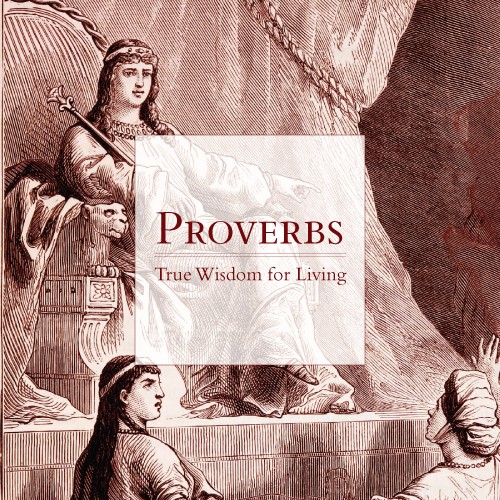
What Kind of Fool Are You?
Tim Keller | December 26, 2004
Overview
In the book of Matthew, the account of the birth of Jesus tells us the “wise men” came to worship him. Who were the wise men? The wise men were the culturati, the cultural experts and the leading thinkers of their society. So why did they come to worship a baby? Their coming illustrates the point that God makes foolish the wisdom of this world — God’s wisdom makes the world’s wisdom bow to God.
In 1 Corinthians 1, Paul asks, “Where is the wise man? Where is the scholar? Where is the philosopher of this age? Has not God made foolish the wisdom of the world?” When you grasp who the child born in the manger really is, the things you thought of before as foolish will look wise, and the things you thought of before as wise will look foolish. We’re going to learn more about how this happens by looking at the antonym of wisdom: foolishness. First, what a fool is; secondly, what kinds of fools there are; thirdly, how to be a fool no more.
Outline
Understanding Wisdom in the Book of Proverbs
God’s wisdom is greater than human wisdom, and this idea is shown in the story of the wise men who, although they were considered the top minds of their time, worshipped Jesus when He was born. Understanding who Jesus is changes how we see wisdom and foolishness. By looking at the Book of Proverbs, we can learn more about what it means to be foolish, the different kinds of fools, and how to become wise.
1. What a fool is
The Bible describes a fool as someone who doesn’t understand the world as it really is, even though they have the ability to. This understanding isn’t just about knowing how things work but about wisdom in every area of life. The Bible teaches that there’s a certain way the world operates, which includes physical, moral, social, and spiritual aspects. It encourages us to live in tune with this pattern. But it also recognizes that the world isn’t perfect and that bad things can happen even if we do everything right. It criticizes two wrong attitudes: pretending that everything is relative and thinking that we can be good on our own.
2. What kinds of fools there are
Proverbs talks about different kinds of fools, each misunderstanding the world in their own way. It’s important to understand these types of fools so we can avoid thinking and acting like them. One type of fool is attracted to flashy and showy things and doesn’t have good judgement. But being sophisticated or not doesn’t make you wise or foolish. Real foolishness is being stubborn and resistant to change.
3. How to be a fool no more
When we look at the idea of wisdom, we see that it’s deeply connected to Jesus Christ. Jesus is the perfect picture of God’s wisdom as described in Proverbs. If we admit that we’re all fools in some way and decide to be ‘fools for Jesus’, we can avoid harmful behaviors. Jesus’ birth and death on the cross challenge what the world sees as normal, showing that we all make mistakes and that there’s a divine moral standard. To truly change, we need to respect God’s moral law, trust in His grace for our salvation, and be humble and hopeful. This means saying sorry for our mistakes and being okay with not fitting into the world’s standards.




